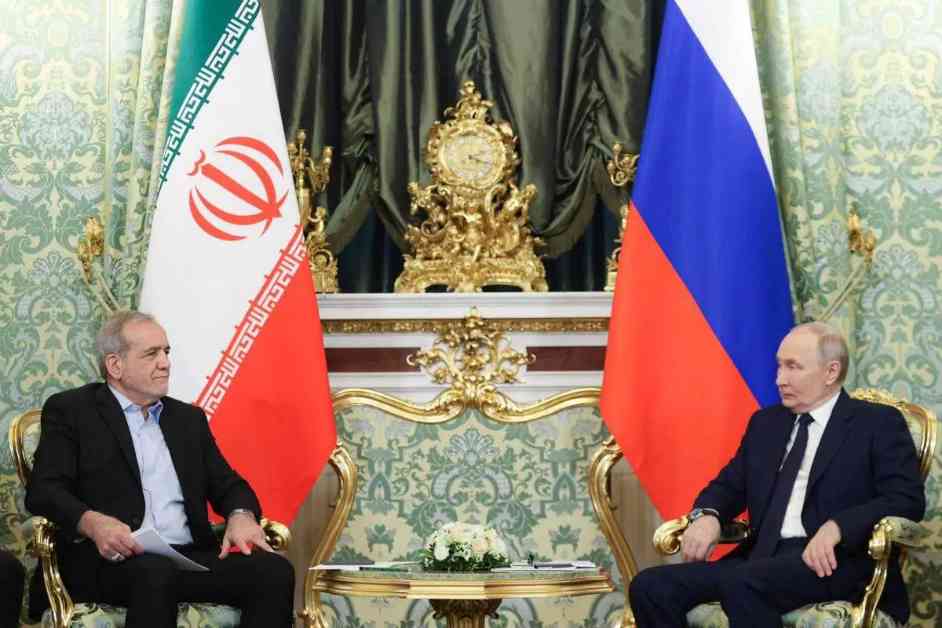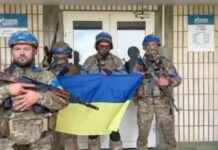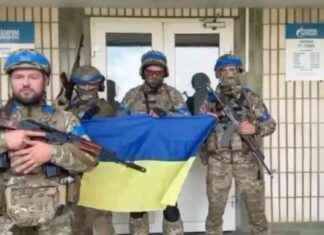Russia and Iran Forge Strategic Partnership Amid Military Constraints
In a groundbreaking development on January 17, Russian President Vladimir Putin and Iranian President Masoud Pezeshkian solidified a significant bilateral agreement. This partnership, as reported by the Russian Telegram channel Tass, encompasses defense cooperation, intelligence sharing, and nuclear energy development, marking a pivotal moment in the geopolitical landscape.
Strengthening Geopolitical Alliances
The deepening ties between Russia and Iran come at a crucial juncture, with Russia’s recent invasion of Ukraine reshaping global dynamics. This alliance, based on shared interests and opposition to Western sanctions, has evolved into a key geopolitical partnership. The agreement includes provisions for “military-technical cooperation,” enhancing the strategic collaboration between the two nations.
The Institute for the Study of War (ISW) highlights the potential for Russia to leverage its partnership with Iran to circumvent Western sanctions, particularly in light of its current military constraints. The agreement opens avenues for Russia to establish refueling hubs and naval presence in Iran, bolstering its strategic positioning in the region.
Navigating Complex Military Realities
As Russia faces challenges in Syria post the collapse of Bashar Assad’s regime, the partnership with Iran gains added significance. ISW underscores the possibility of Russia utilizing Iranian territory to support operations in North Africa and the Middle East, underscoring the strategic value of this collaboration.
Despite the absence of a mutual defense clause in the agreement, ISW suggests that Russia’s military and defense industrial capacity may limit its ability to engage in significant military operations beyond Ukraine. The prioritization of agreements with North Korea, aimed at addressing manpower shortages, underscores Russia’s strategic considerations in the current geopolitical landscape.
Economic Implications and Strategic Maneuvering
Beyond military cooperation, the partnership between Russia and Iran seeks to strengthen economic ties, providing Russia with avenues to navigate Western sanctions. ISW’s analysis suggests that this strategic move aligns with Russia’s broader international strategy, enhancing its resilience in the face of mounting challenges.
As Russia solidifies its alliance with Iran, the implications for regional dynamics and global geopolitics are profound. The strategic partnership between these two nations not only reshapes existing alliances but also underscores the evolving contours of power in an increasingly complex world.
In conclusion, the agreement between Russia and Iran signifies a significant milestone in the shifting geopolitical landscape, with far-reaching implications for regional stability and global dynamics. As these two nations forge ahead with their strategic partnership, the world watches closely, anticipating the ripple effects of this bold move.

















